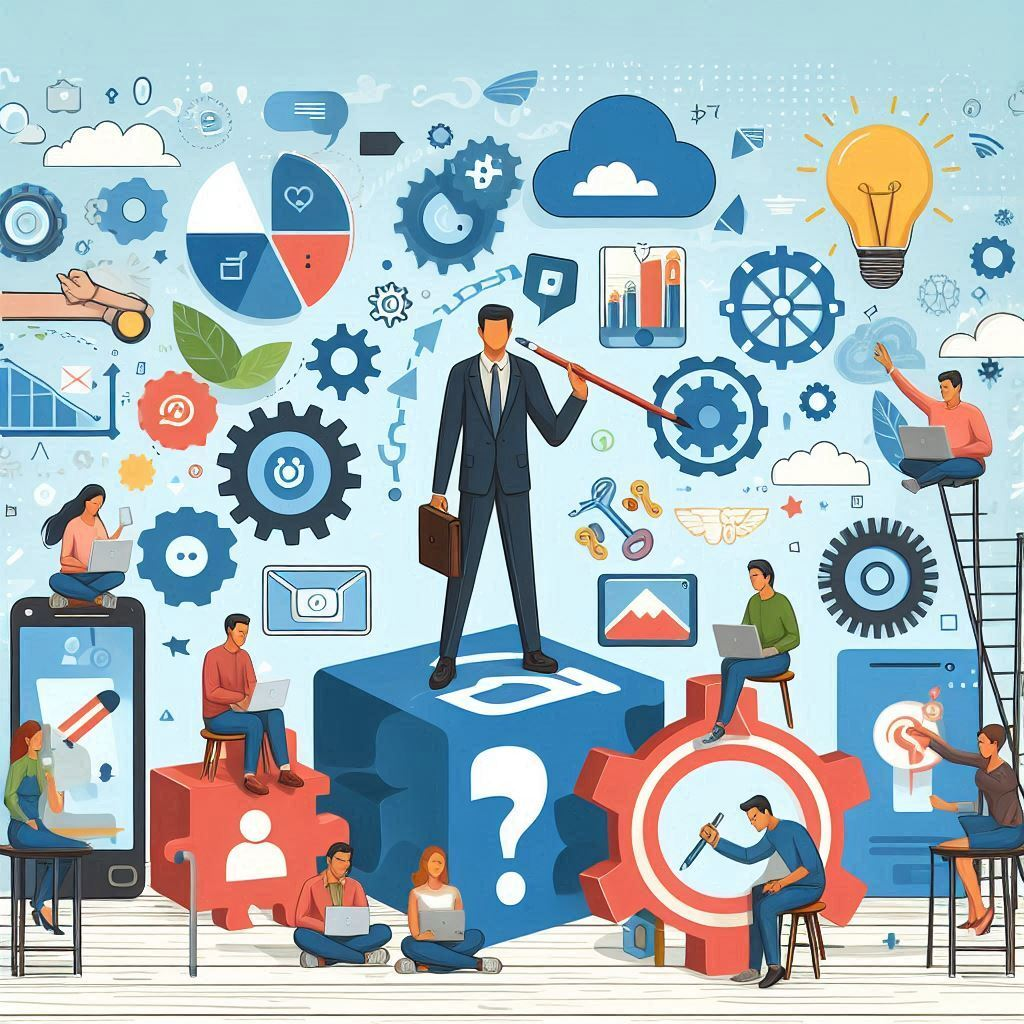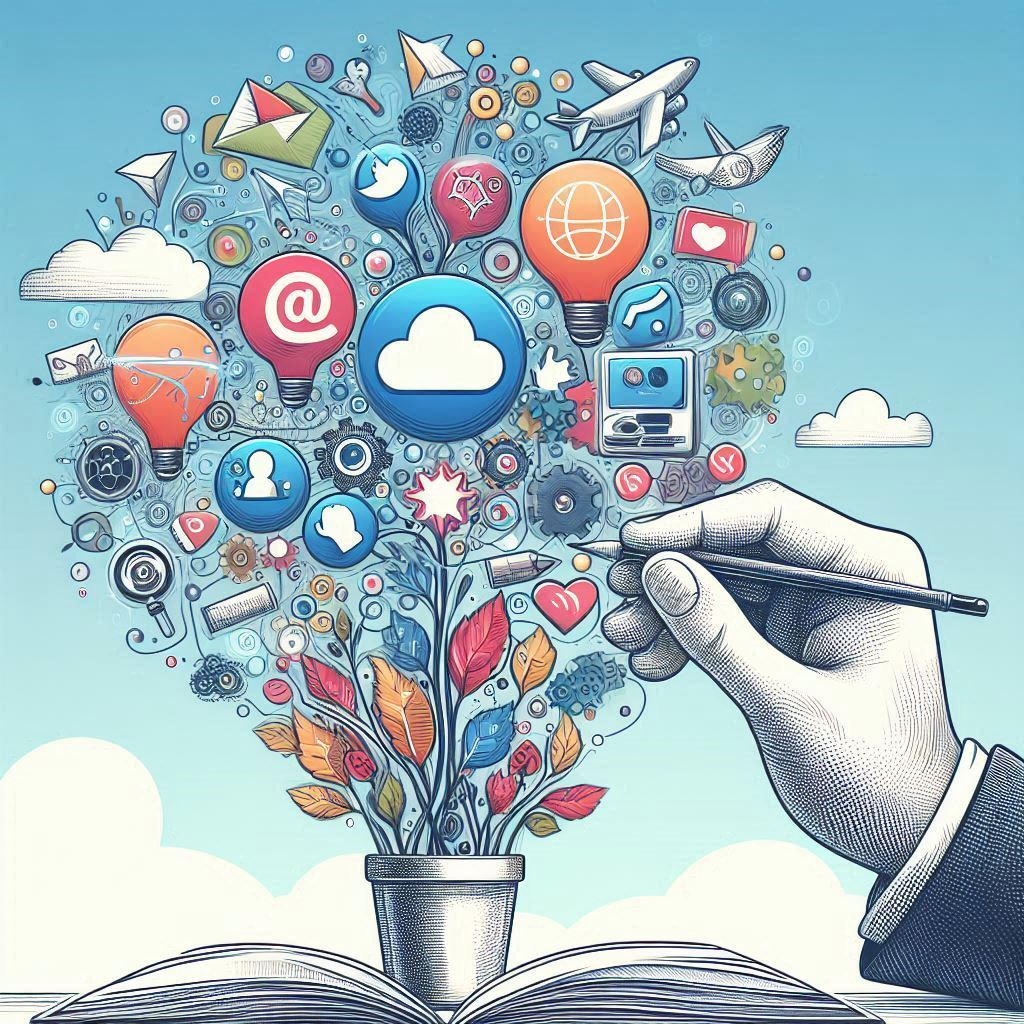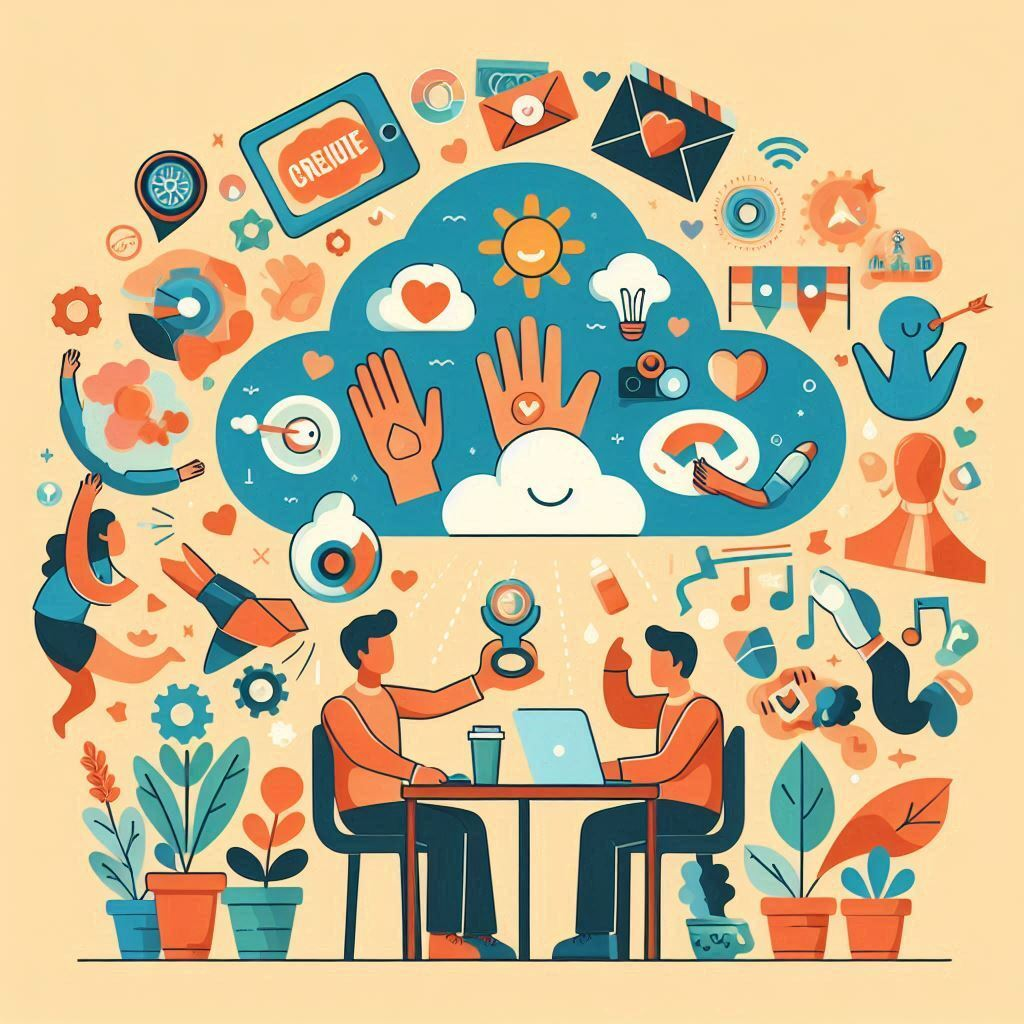
7 Tips for Improving Social Skills and Building Connections
Improving your social skills and building meaningful connections with others is essential for personal and professional growth. Whether you’re looking to expand your social circle, enhance your communication abilities, or foster deeper relationships, the following tips will guide you on your journey to becoming more socially adept.
1. Practice Active Listening
-
What It Means: Active listening involves fully concentrating on what someone is saying rather than just passively hearing their words. It requires engagement and understanding.
-
How to Practice:
- Maintain eye contact to show you are paying attention.
- Nod and use verbal affirmations (like “I see” or “That’s interesting”) to encourage the speaker.
- Avoid interrupting; instead, wait for a pause to ask questions.
-
Summarize what the speaker said to confirm understanding.
-
Benefits:
- Builds trust and rapport.
- Makes others feel valued and respected.
- Enhances the quality of conversations.
2. Be Open and Approachable
-
What It Means: An open and approachable demeanor invites others to engage with you. This includes your body language, facial expressions, and tone of voice.
-
How to Appear Approachable:
- Smile genuinely to convey warmth.
- Avoid crossing your arms, as it can signal defensiveness.
- Use welcoming gestures, such as open hands.
-
Make an effort to greet people warmly.
-
Benefits:
- Encourages others to initiate conversations.
- Helps you create a positive first impression.
- Fosters a friendly atmosphere.
3. Develop Empathy
-
What It Means: Empathy is the ability to understand and share the feelings of others. It helps you connect on a deeper level.
-
How to Cultivate Empathy:
- Put yourself in others’ shoes to understand their perspectives.
- Ask open-ended questions to encourage sharing of feelings.
- Reflect on your own experiences to relate better to others’ situations.
-
Practice mindfulness to enhance your emotional awareness.
-
Benefits:
- Strengthens interpersonal relationships.
- Promotes kindness and compassion.
- Reduces misunderstandings and conflicts.
4. Engage in Small Talk
-
What It Means: Small talk involves light, casual conversation that serves as a social lubricant. It can pave the way for deeper discussions.
-
How to Master Small Talk:
- Start with open-ended questions about common interests (e.g., weather, current events).
- Share a bit about yourself to encourage reciprocity.
- Be aware of body language and facial expressions to gauge interest.
-
Practice asking follow-up questions to keep the conversation flowing.
-
Benefits:
- Breaks the ice in new social situations.
- Helps you build rapport quickly.
- Leads to more meaningful conversations over time.
5. Attend Social Events Regularly
-
What It Means: Putting yourself in social environments increases your opportunities to meet new people and hone your social skills.
-
How to Make the Most of Social Events:
- Set specific goals (e.g., meet three new people).
- Arrive with a positive mindset and be open to new experiences.
- Follow up with people you meet to reinforce connections.
-
Join clubs or organizations that align with your interests.
-
Benefits:
- Expands your network and social circle.
- Provides practice in different social contexts.
- Boosts your confidence in social settings.
6. Work on Non-Verbal Communication
-
What It Means: Non-verbal communication includes body language, facial expressions, and gestures that convey messages without words.
-
How to Improve Non-Verbal Skills:
- Be mindful of your posture; stand or sit up straight to convey confidence.
- Use appropriate facial expressions to match the tone of the conversation.
- Pay attention to the non-verbal cues of others to better understand their feelings.
-
Practice mirroring the other person’s body language subtly to create rapport.
-
Benefits:
- Enhances the clarity of your communication.
- Helps you read social situations better.
- Increases your overall effectiveness in social interactions.
7. Seek Feedback and Reflect
-
What It Means: Seeking feedback from trusted friends or mentors allows you to identify areas for improvement in your social skills.
-
How to Implement Feedback:
- Ask for specific feedback on your communication style or social interactions.
- Reflect on your experiences after social events; consider what went well and what could be improved.
-
Maintain a journal to track your progress and insights.
-
Benefits:
- Accelerates personal growth.
- Encourages self-awareness.
- Helps you adapt and refine your social strategies.
Conclusion
Improving your social skills and building connections is an ongoing process that requires patience, practice, and a willingness to learn. By implementing these seven tips, you’ll not only enhance your ability to connect with others but also enrich your social life. Remember, every interaction is an opportunity to grow, so embrace new experiences and continuously strive for improvement.


